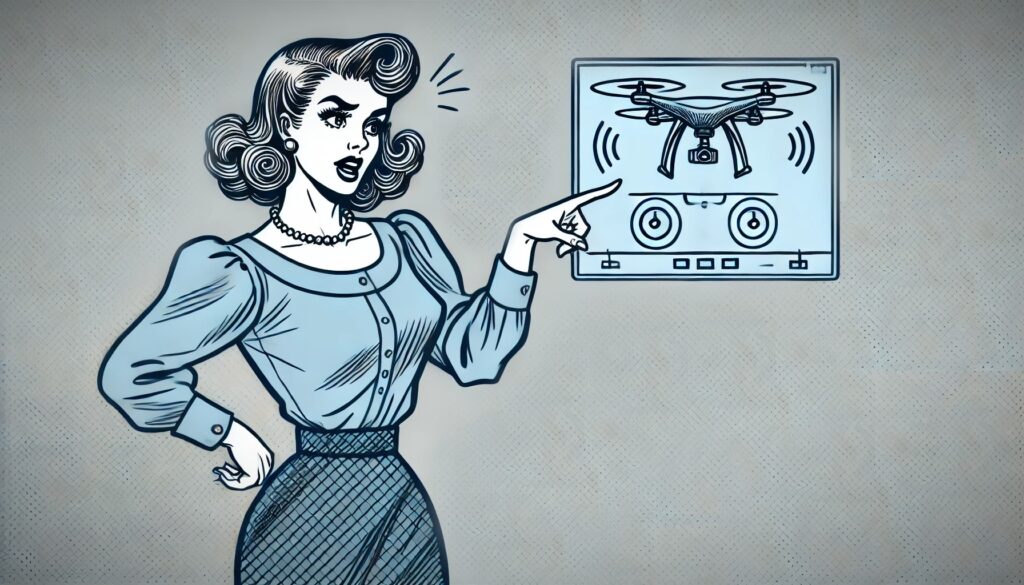
A disabled Army veteran sued Amazon alleging “cyberstalking” and “cyberbullying” on its gaming platform, New World. Plaintiff claimed Amazon allowed other players and employees to engage in harassment, culminating in his being banned from the platform after over 10,000 hours and $1,700 of investment. Plaintiff sought $7 billion in compensatory damages and $70 billion in punitive damages, asserting claims for intentional infliction of emotional distress, gross negligence, and unfair business practices. Plaintiff also filed motions for a preliminary injunction to reinstate his gaming account and to remand the case to state court.
The court, however, dismissed the case. It granted plaintiff in forma pauperis status, allowing him to proceed without paying court fees, but ruled that his complaint failed to state any claim upon which relief could be granted. The court found no grounds for allowing plaintiff to amend the complaint, as any amendment would be futile.
The court dismissed the case on several legal principles. First, it found that Amazon was immune from liability under the Communications Decency Act at 47 U.S.C. §230 for any content posted by third-party users on the New World platform. Section 230 protects providers of interactive computer services from being treated as publishers or speakers of user-generated content, even if they moderate or fail to moderate that content.
Second, plaintiff’s claims about Amazon employees’ conduct were legally insufficient. His allegations, such as complaints about bad customer service and being banned from the platform, failed to meet the standard for intentional infliction of emotional distress, which requires conduct so outrageous it exceeds all bounds tolerated in a civilized society. Similarly, plaintiff’s gross negligence claims did not demonstrate any extreme departure from reasonable conduct.
Finally, in the court’s view, plaintiff’s claim under California’s Unfair Competition Law (UCL) lacked the necessary specificity. The court found that poor customer service and banning a user from a platform did not constitute unlawful, unfair, or fraudulent business practices under the UCL.
Three Reasons Why This Case Matters
- Clarifies Section 230 Protections: The case reinforces the broad immunity granted to online platforms for third-party content under Section 230, even when moderation decisions are involved.
- Defines the Limits of Tort Law in Online Interactions: It highlights the high bar plaintiffs must meet to succeed on claims such as intentional infliction of emotional distress and gross negligence in digital contexts.
- Sets Guidance for Gaming Platform Disputes: The decision underscores the limited liability of companies for banning users or providing subpar customer support, offering guidance for similar lawsuits.
Haymore v. Amazon.com, Inc., 2024 WL 4825253 (E.D. Cal., Nov. 19, 2024)



